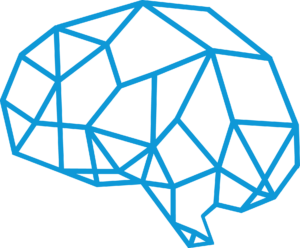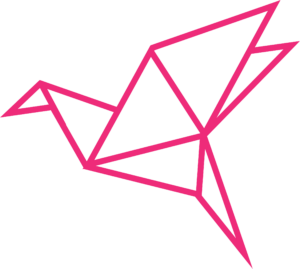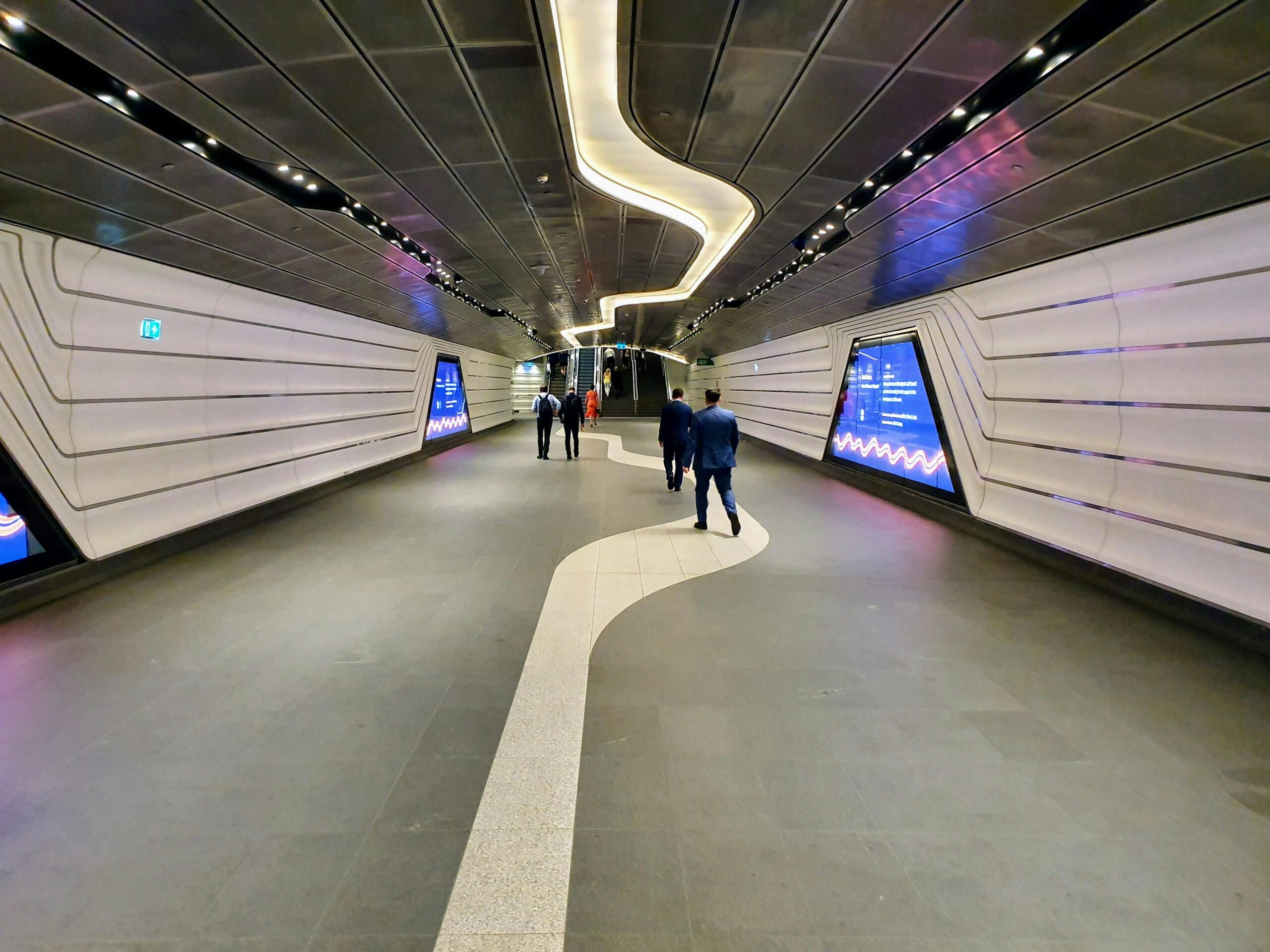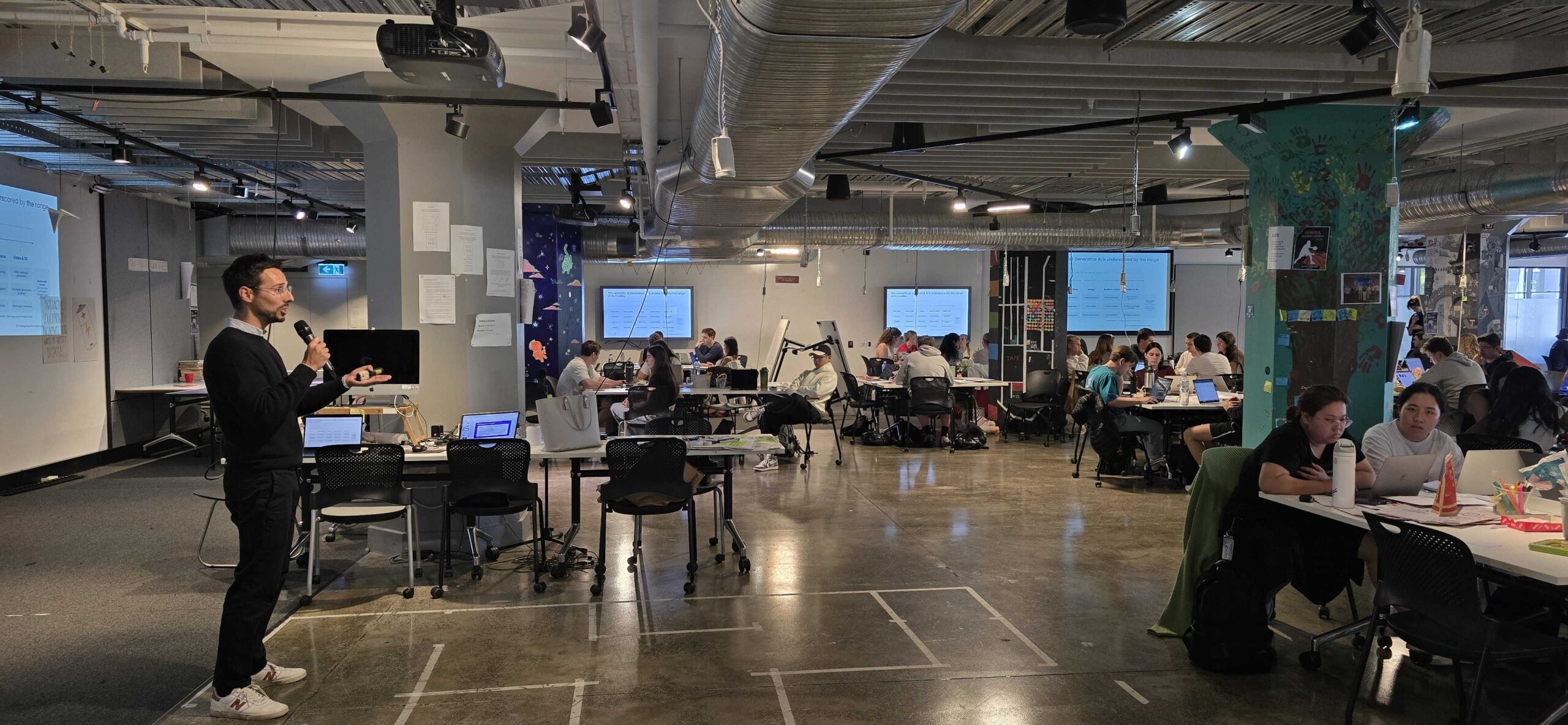Scoping a campus to fit changing educational expectations and technologies
Traditional models of education are being disrupted globally with the availability of online and flexible learning. New, innovative approaches to learning that meet the needs of the millennial generation and generations to come are a necessary investment for universities if physical campuses are to survive. Students are spending more and more time away from the university campus, frustrated with both teaching practices and physical facilities that fail to meet millennial expectations as far as connectivity, speed, engagement and relevance.
THE APPROACH
A facilitated collision of ideas from diverse minds
The Campus of the Future Challenge was a one day event that brought together a diverse spectrum of undergraduates, Griffith executives, teachers and industry representatives to generate innovative ideas that help make physical campuses relevant in the digital age. The teams were encouraged to clearly communicate the essence of the problem and capture the full story before diving into solution-mode.
We used an approach to brainstorming called ‘How Might We’ where participants imagine highly varied solutions to the problem then come together to share ideas. This way we get as many ideas as possible and avoid a consensus forming too quickly.
Our teams were facilitated to filter their leading ideas using the Desirable, Feasible, Viable model. This requires participants to examine their solution ideas and ask three key questions –
1) is it desirable? (to the customer)
2) Is it feasible? (Can it be built)
3) Is it viable? (commercially or for investment)
To fuel creative flow, we used methods including time constraints, role play pitches, improv, and digital mediums to represent the participant’s ideas in an impactful manner.
THE OUTCOME
Game-changing ideas to revolutionise the campus and traditional study
The six competing teams in The Campus of the Future Challenge developed game-changing ideas that could revolutionize the campus and disrupt traditional ways of teaching and learning. The teams generated some genuinely creative ideas and highlighted what’s possible when industry, academics and students collaborate to create a better future.
At The Strategy Group we are proponents of bringing diverse groups of people together to work on and solve exceptionally difficult problems. Using rapid ideation techniques, we turn challenges into opportunities for innovative solutions that deliver tangible results.












